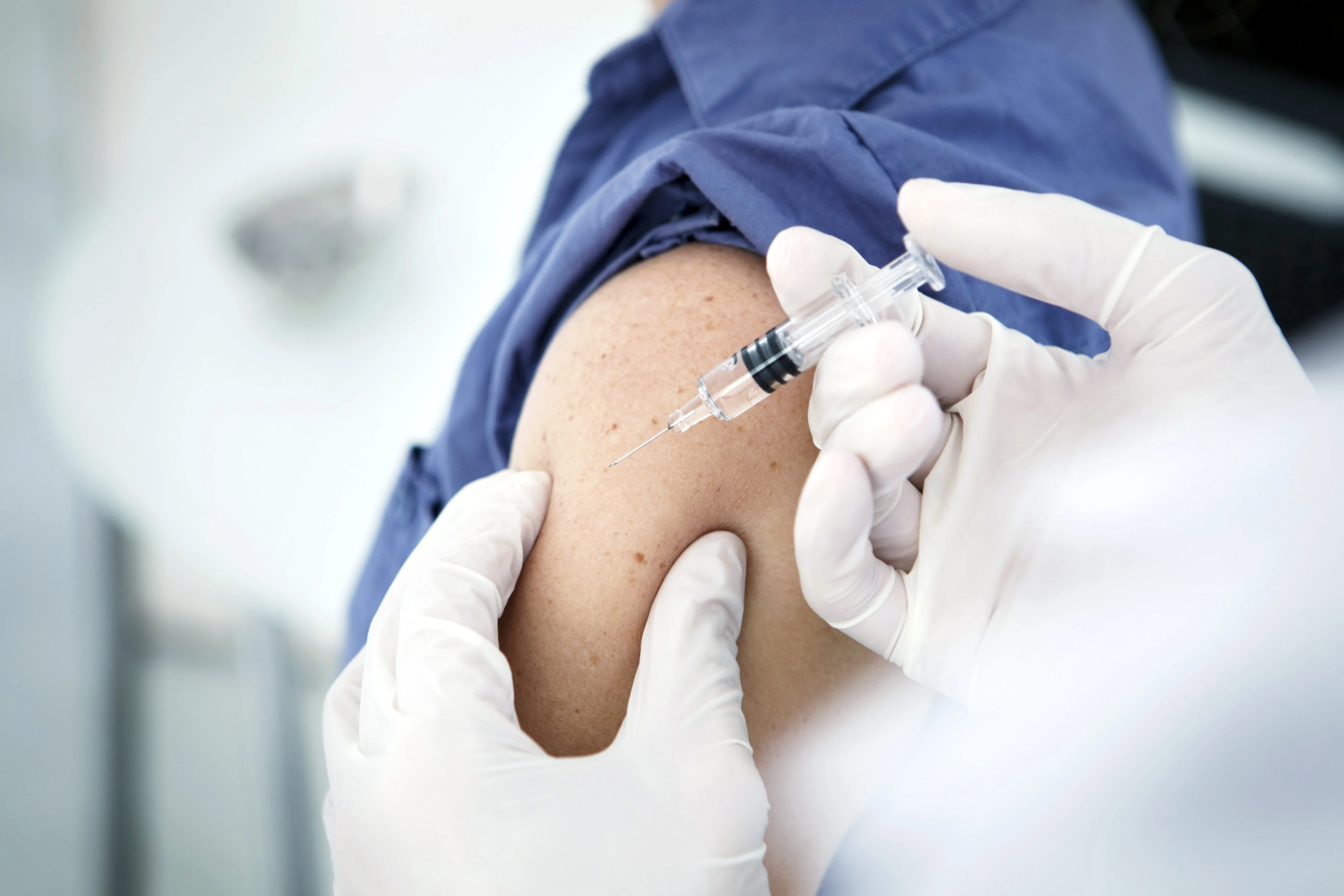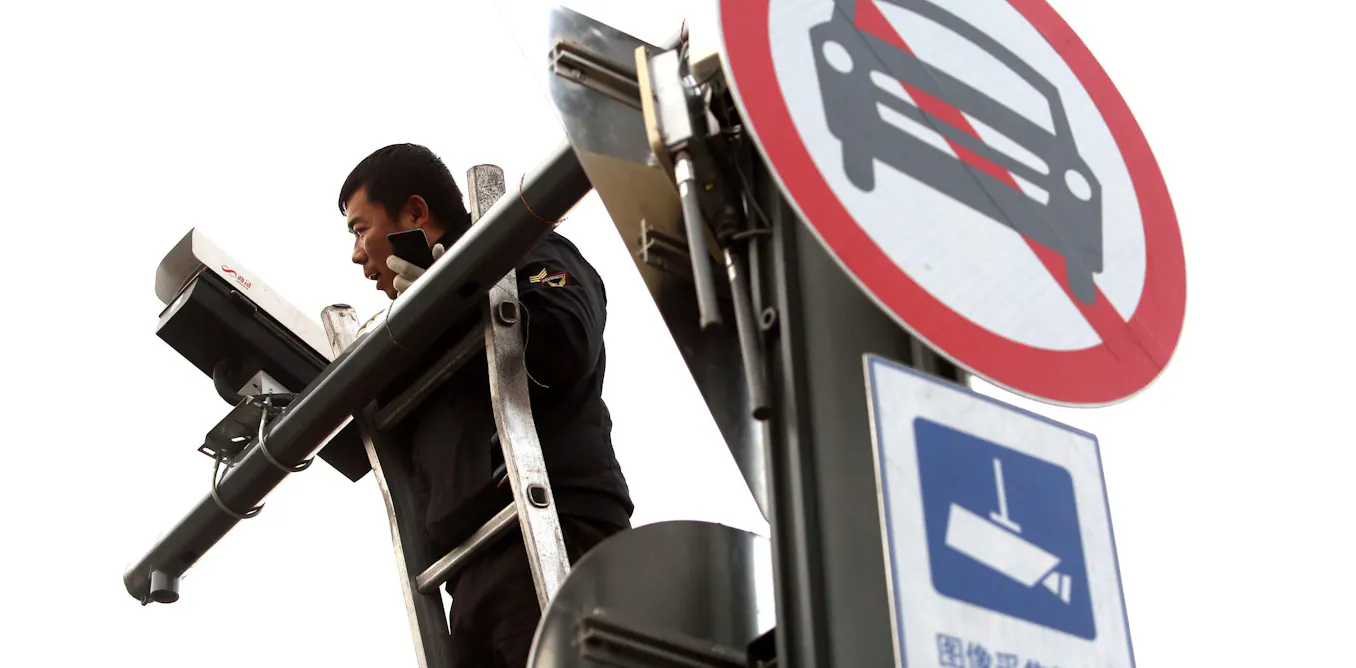By Elizabeth Cheung,Wynna Wong
Copyright scmp

Health experts have dismissed concerns about a Hong Kong government-subsidised flu vaccine that does not have clinical trial data on pregnant women, saying the decades-long technology is safe and people with less confidence can turn to the private sector for shots.
Authorities said on Tuesday that Hong Kong had entered the summer flu season, a day after concerns were raised when the government revealed that the Sinovac influenza jab would be one of four vaccines offered in its vaccination programmes starting later this month.
It is the first time the Sinovac jab has been included in the government’s programmes, which offer free or subsidised jabs to specific groups, including pregnant women. People eligible for the shots cannot choose the brand.
The product description of the mainland Chinese-made Sinovac inactivated vaccine said that “no clinical trial data on the use of this product is available for pregnant and lactating women”.
“If this group of people needs to use this vaccine, it is recommended to make a decision after the benefit and risk assessment [done] together with a doctor,” it said.
Another inactivated vaccine in the programme, supplied by French manufacturer Sanofi, has data stating that it can be used at “all stages of pregnancy”, according to information released by Ireland’s Health Products Regulatory Authority.
Clinical trial data also shows that no adverse maternal outcomes are related to the vaccine.
Professor David Hui Shu-cheong, an expert in respiratory medicine from the Chinese University of Hong Kong, said that it would be safe for pregnant women to receive inactivated flu vaccines, including the Sinovac one.
“The inactivated platform has been used for more than 50 years and is well known to be safe for pregnant women,” Hui said.
Inactivated vaccines, which contain killed viruses or bacteria that cannot replicate or cause disease, still trigger an immune response to provide protection.
Hui said Sinovac did not recruit pregnant women for clinical trials of its flu vaccine but that did not mean the product could not be used on them.
He said the main difference across brands of inactivated flu vaccines was the place of manufacture.
The World Health Organization also considers inactivated flu vaccine to be safe for use at any gestational stage of pregnancy.
Centre for Health Protection controller Dr Edwin Tsui Lok-kin told a radio show on Tuesday that women who were pregnant or breastfeeding should consult their doctors before getting the vaccine.
“Regarding the Sinovac [vaccine] and our recombinant vaccines, they are not contraindicated for pregnant women,” he said.
“It’s just that in their clinical trials, these two vaccines didn’t get a lot of data on pregnant or breastfeeding subjects … so they should consult a doctor to understand what the risks are. But they can still get it.”
He said pregnant women could protect their babies when receiving the jabs.
“Since many vaccines are not suitable for infants under six months, the most important thing is for the baby to get some antibodies from the vaccine given to the mother.”
The government’s flu vaccination programmes, which start on September 25, will offer two types of inactivated jabs, one nasal spray and a recombinant vaccine.
The government has procured 1.3 million flu vaccine doses for the programmes, including 300,000 of the Sinovac jab and 900,000 Sanofi inactivated vaccine shots. There are 50,000 doses each of the nasal spray, produced by AstraZeneca, and the recombinant vaccine from Sanofi.
Tsui said on Monday that people receiving free or subsidised jabs could choose which technology platform of vaccine to go with but not a specific brand.
That was in line with the practice of offering Covid-19 vaccines under the government programme.
Obstetrics and gynaecology specialist Dr Yu Kai-man said brands of inactivated flu vaccine did not differ much from each other.
“[Those vaccines] are more or less the same. I personally think it’s more a matter of confidence,” Yu said.
Those who were concerned about a particular brand could go to private clinics and pay out of their own pockets for the one they wanted, Yu added.
In general, a dose of flu vaccine usually costs around a few hundred dollars.
The health authorities previously said that there were strict procurement rules for pharmaceutical products. Price was not the only factor and quality was also important, officials said.



